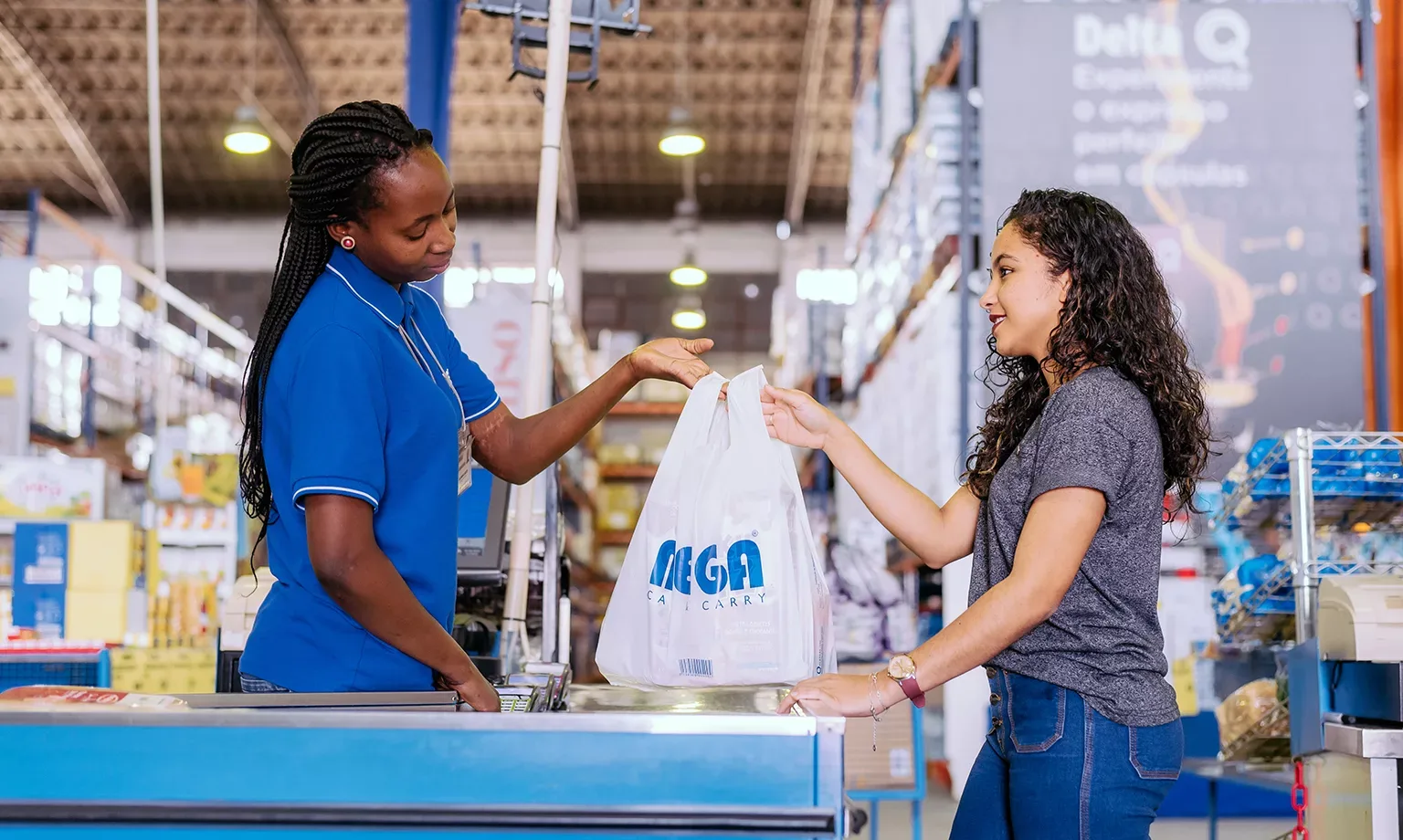João Paulo Seara, CEO of MEGA Distribuição Moçambique S.A., a major Mozambiquan food retailer and distributor, reflects on how the region’s recent economic evolution has contributed to the company’s expansion and development.
MEGA FLAVOUR FOR MOZAMBIQUE
Due to the expansion of natural gas exports and a relatively stable political landscape, Mozambique’s economy has seen steady recent growth which has led to subsequent currency stability.
Specifically, its capital Maputo has seen significant economic development, including improvements to the quality of its public and private services when compared to other African nations.
This has not only created a favourable environment for expatriates and encouraged them to stay for longer periods, further bolstering the economy, but it has also brought business acumen to the region and boosted commerce.
“I believe Mozambique has the potential to develop a fast-growing middle class which could accelerate business growth, especially in the food retail sector,” opens João Paulo Seara, CEO of MEGA Distribuição Moçambique S.A. (Mega).
As a long-standing stalwart of the Mozambican food retail landscape, Mega has undergone significant expansion over the years, benefitting from the current economic climate.
“Initially trading as a regular cash and carry business, Mozambique’s dynamic retail climate has allowed us to expand into the food distribution sector, where we now represent major food and beverage brands across the country,” Seara details.
Today, the company continues to operate as a cash and carry business through its major store in Maputo whilst proudly distributing brands such as Super Bock, Delta, MasterChef, Nobre, Upfield/Rama, and Pernod Ricard to major cities across Africa.
“We also identified the potential to expand in the retail space through our LOKAL convenience stores located all over the city,” he continues.
Mega continues to work hard to grow its businesses and plans to expand its number of LOKAL stores to 25 in Maputo, as well as introduce two additional cash and carry stores to the city by 2026.
“Our team is also creating conditions to increase the number of partnerships with other major companies and brands,” Seara reveals.
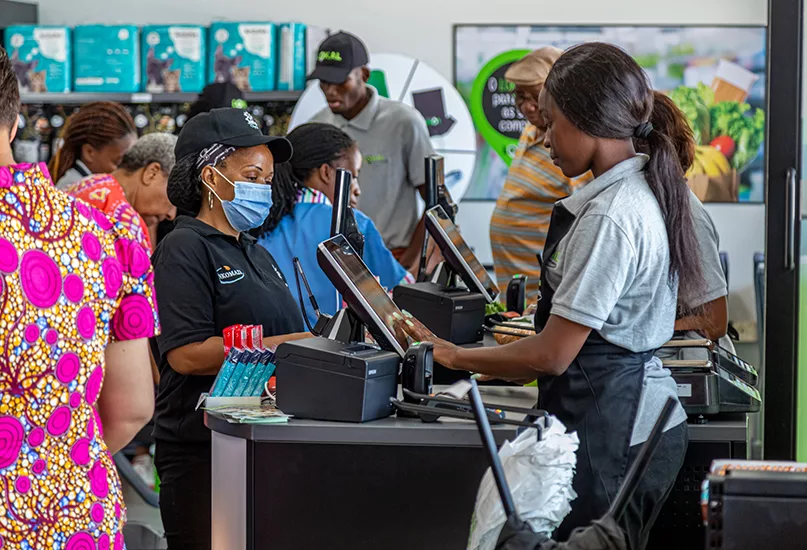
A STRONG VALUE PROPOSITION
Undoubtedly, Mega is committed to delivering a strong value proposition to its clients through high-quality products and competitive prices.
“This strategy has been fundamental since our inception,” Seara affirms.
As a company with inherent Portuguese influence, Mega initially introduced native brands such as Super Bock and Nobre to Mozambique, leveraging their recognition amongst customers due to the historical ties between the two countries.
Over time, the company has diversified its product sourcing process, gradually tapping into more competitive markets to offer around 3,000 stock-keeping units (SKUs) today, 50 percent of which comprise its private label, Pingo Doce.
Well known in Portugal, Pingo Doce offers a robust price-to-quality ratio and introduces innovative products to niche markets where smaller retailers typically lack the capacity to develop.
“By leveraging our relationship with a larger retailer such as Jerónimo Martins from Portugal, or top international suppliers like Nestlé or Delta, we are able to offer our Mozambican customers exceptional value and unique products,” Seara tells us.
Mega’s partnerships are carefully selected to ensure customers get value for money and structured to avoid conflicts of interest.
A dedicated commercial team, supported by a marketing department, collaborate closely with the brands that Mega represents. Together, they develop promotional strategies to ensure each brand’s image is optimised.
“This approach aims to cultivate long-term relationships that preserve brand value and prioritise consumer interest through our value propositions,” he reflects.
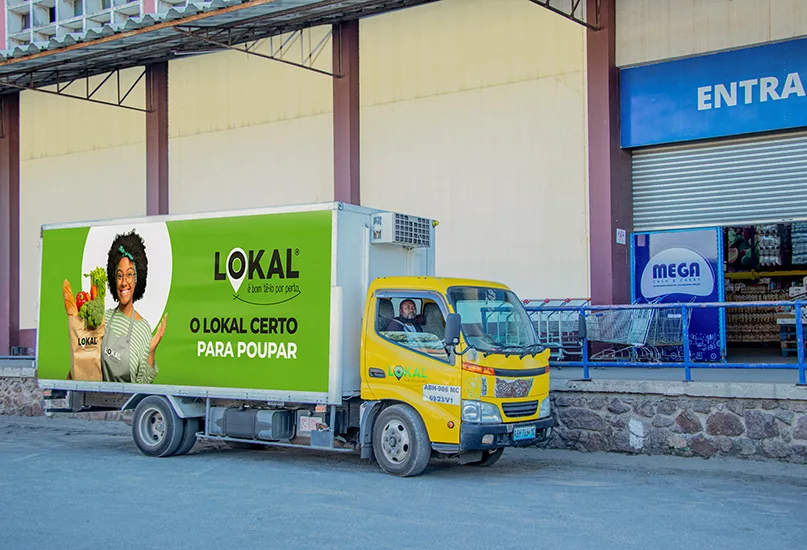
CHAMPIONING LOCAL PRODUCE
Mega recognises that the number of local brands available in Mozambique is far from extensive and that not all locally produced goods meet its stringent quality standards.
“Nevertheless, we actively seek out national products and distinguish them with unique signage in our stores,” Seara passionately confirms.
In this way, one of Mega’s key objectives is to support local production, whether in agriculture or industry.
“Relying solely on imported goods in the long term isn’t sustainable, so we continuously monitor the market and are open to including more local products in our portfolio,” he emphasises.
Currently, Mega offers locally produced vegetables, fruits, beverages, hygiene items, cleaning products, and more at its cash and carry sites and LOKAL stores, whilst it aspires to expand its selection of local goods significantly in future.
Another example of Mega’s commitment to homegrown products is its partnership with a local legume producer.
As well as championing local agriculture, Mega is able to maintain control over quality from farm to shelf through this collaboration, ensuring that it grows exactly what is needed whilst delivering products that best meet customer needs.
This mutually beneficial partnership also enables the company to address market gaps by offering high-quality, local products.
“Our efforts are yielding positive results, reflected in the growing number of clients we serve,” Seara notes.
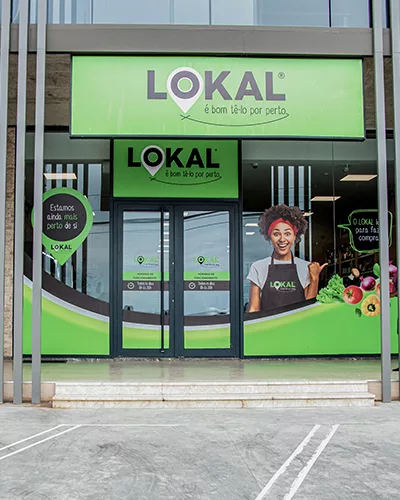
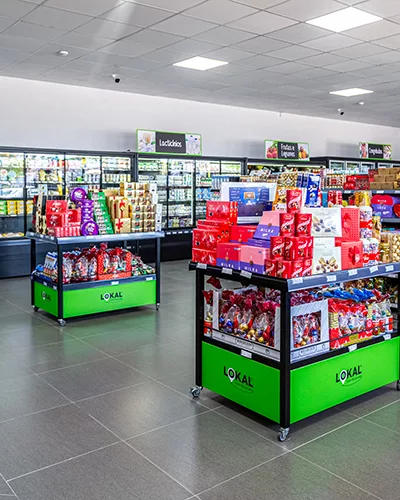
NEW HORIZONS
Mega is currently at an exciting juncture as it anticipates establishing itself as a leading retail company in Mozambique.
With ambition being one of its key competencies, Mega’s primary focus is therefore on expanding each of its business units and assembling teams of employees aligned with the company’s core values.
“Whilst we are expanding our network of convenience stores and partnerships, our most exciting endeavour at present is the launch of a new cash and carry brand with a distinct value proposition compared to our existing stores,” Seara reveals.
This new concept is tailored toward lower-income market segments and will be strategically located near informal street markets in Maputo.
Having already developed the brand image and store layout, and identified the initial locations for its first two new stores, Mega is in the final stages of refining and sourcing its product offerings.
“While this is a new project and somewhat confidential at this stage, we are highly optimistic about its potential,” he excites.
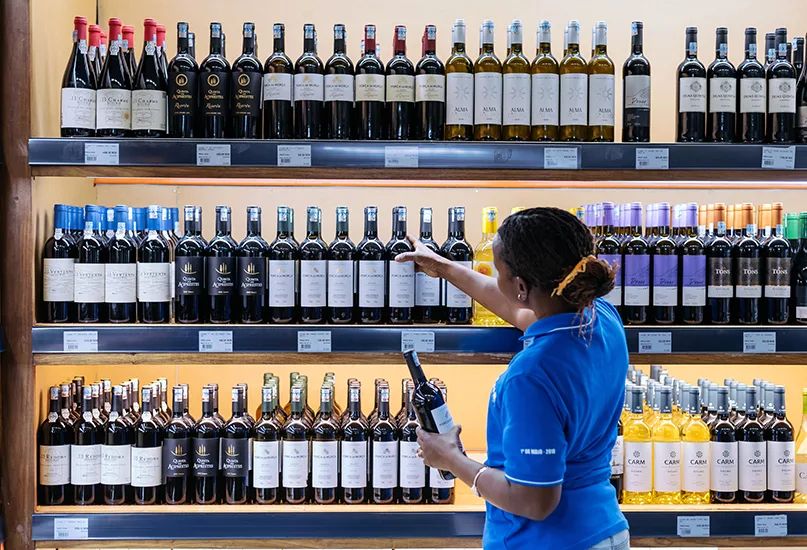
TEAMWORK MAKES THE DREAM WORK
The company’s team consists of highly skilled professionals with international experience and a strong commitment to the Mozambican retail market.
“They understand consumer needs and economic conditions, and I am confident in our ability to successfully navigate the transition to becoming a mass-market retailer and an important player,” Seara divulges.
Currently, nearly 300 people work for Mega, and the company takes pride in its low staff turnover, which it attributes to robust human resources (HR) policies.
“We offer competitive salary packages, a supportive working environment, and comprehensive training programmes aimed at both retaining our colleagues and delivering exceptional service to our clients,” he explains.
Given that Mega operates three distinct businesses, its salary packages vary accordingly. Across all sectors, however, it strives to provide benefits such as food and health assistance alongside performance-based bonuses.
Looking ahead, Mega recognises the need to do even more for its staff to acknowledge their dedication and hard work. As such, it is committed to enhancing its offerings as the business continues to grow.
“Our team understands and trusts that these improvements will materialise over time,” Seara affirms.
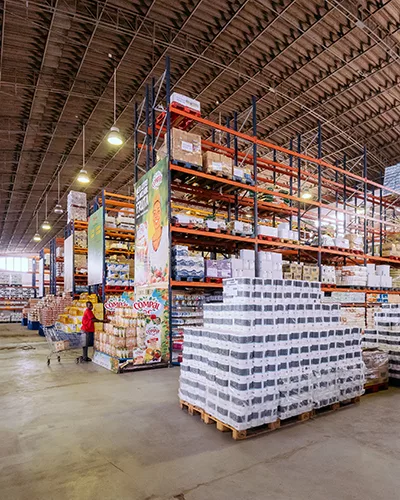
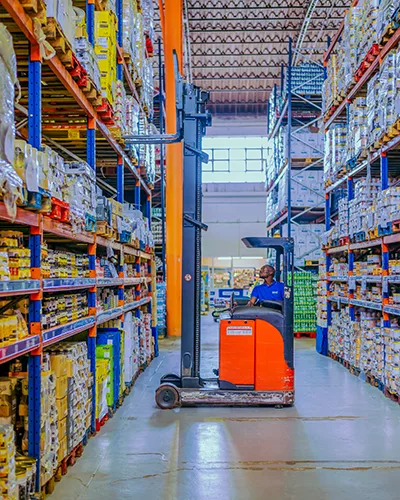
A BRIGHT FUTURE
Leveraging experience from other markets where there is a significant growth trend in the convenience store retail format, Mega seeks to continue its expansion.
“This is an area where we possess strong knowledge and established partnerships that can help us win the market,” Seara comments.
Beyond 2026, the company plans to explore opportunities for further expansion into new regional areas. In the meantime, it is focused on enhancing its service levels, logistics capabilities, and product assortments.
Having received positive feedback from its clients thus far, Mega anticipates encountering new challenges as it expands its number of stores, particularly as the company transitions from its prior niche position towards becoming a mass-market retailer.
“Our primary goal is to achieve an overall turnover of USD$100 million by the end of 2026. To accomplish this objective, we are focusing on developing each of our three core businesses,” he explains.
Key to Mega’s growth strategy is becoming the number one recognised food retail partner in the region by enhancing its logistics capabilities throughout Mozambique and building a strong sales force to support its retail partners.
Additionally, it plans to expand its network of convenience stores and introduce the new cash and carry concept which is aimed at capturing consumer interest of all classes.
“Achieving these goals will require significant effort, energy, and resources, but we are fully committed to their realisation,” Seara concludes.



